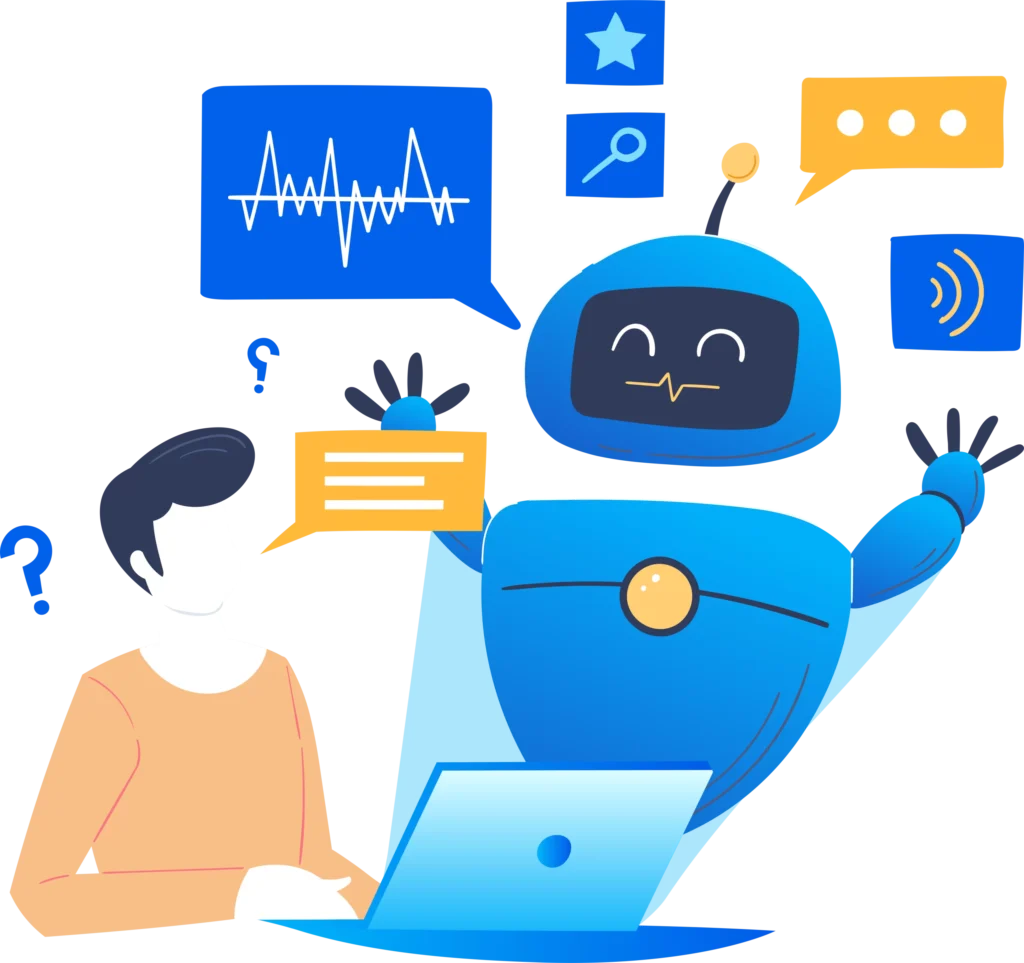

In this section, we showcase real-world applications of machine learning across different industries. Explore how machine learning is used in areas such as healthcare, finance, marketing, cybersecurity, recommendation systems, and autonomous vehicles.


AI and machine learning raise important ethical considerations. In this section, we discuss topics like bias in AI algorithms, privacy concerns, and the responsible use of AI technology. Explore the challenges and ethical implications of AI applications, and understand the importance of transparency, fairness, and accountability in AI development and deployment.
Natural Language Processing (NLP) is a branch of AI that focuses on understanding and processing human language. In this section, we explore NLP techniques, including text pre-processing, sentiment analysis, named entity recognition, and language translation.











AI and ML technologies automate repetitive and mundane tasks, freeing up human resources to focus on more complex and strategic activities.
 AI and ML algorithms can analyze large volumes of data quickly and efficiently. They uncover valuable insights, patterns, and trends that might not be easily identifiable by humans alone
ML models can analyze historical data to make predictions and forecasts. They help in areas like sales forecasting, demand planning, risk assessment, and predictive maintenance.
AI and ML enable personalized experiences for customers. They can analyze user behavior, preferences, and past interactions to deliver tailored recommendations, personalized marketing campaigns, and customized user interfaces.
With 19+ years of Excellence, We Offer A Wide Range Of Customized High-Quality Research-Based Talent Consulting Services.
AI and ML techniques can analyze images and videos, enabling applications like facial recognition, object detection, image classification, and video surveillance. These technologies find applications in fields such as security, healthcare, manufacturing, and autonomous vehicles.
AI and ML models can detect patterns and anomalies in data to identify potential fraud and security breaches.AI and ML assist in medical diagnosis, image analysis, and treatment planning. They can analyze medical images, patient records, and genetic data to aid in disease detection, personalized medicine, drug discovery, and treatment recommendations.
“Humac Inc has been our valued partner and consistently
delivers with excellence.”

VP-Operations












